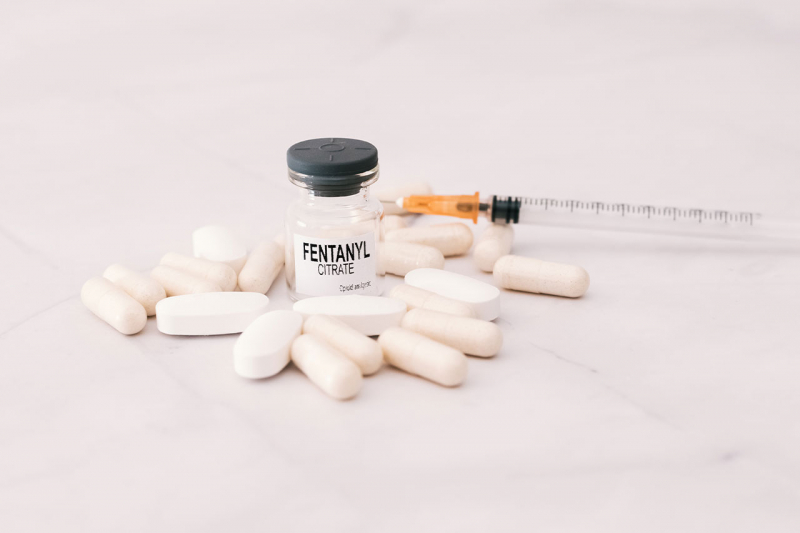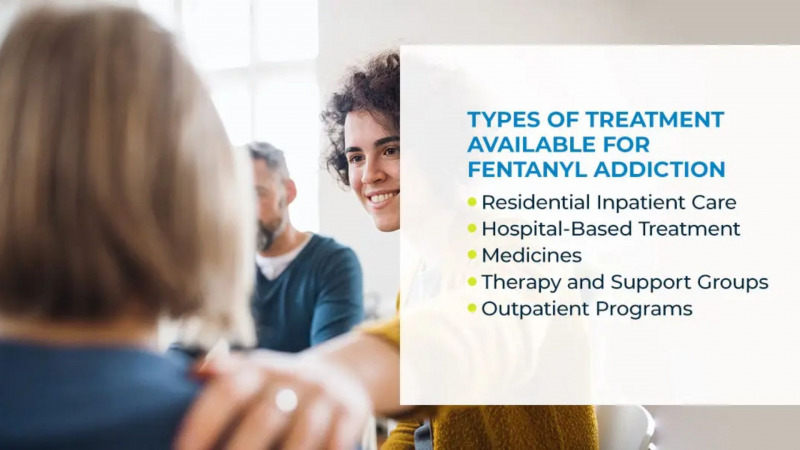Abuse and fentanyl

Fentanyl can be obtained by people with substance use disorders by stealing it from legal medical supplies or by producing it in illegal labs. They can inject it, smoke it, snort it, or take it orally. There is no safer method of use than another.
Fentanyl patches can even be thrown away and still contain large amounts of the drug. People with opioid use disorders can take the gel out of expired patches and eat, smoke, inject, or place it under their tongue.
The potency of many fentanyl analogs may be much higher than that of heroin, making the former even more dangerous.
Other illegal drugs, such as heroin and cocaine, are frequently mixed with fentanyl, making them far more potent. People with substance use disorders may be unaware of the addition of fentanyl, putting them at risk of accidental overdose or death.
Treatment options for fentanyl addiction
The treatment for fentanyl addiction is the same as it is for any other opioid use disorder, and it is determined by the severity of the addiction. Inpatient or outpatient detox, medication treatments for cravings and relapse, and residential and outpatient behavioral treatment programs are all options for treatment.
Buprenorphine and methadone are two medications that affect the same receptors in the brain as fentanyl. This helps to alleviate withdrawal symptoms. A doctor may also prescribe naltrexone, a different medication that prevents fentanyl from affecting the body.
Many factors can influence which medication is best for a person. A person should consult their doctor about the best course of treatment. They may also wish to consult with a therapist.
This may also assist them in developing a healthier lifestyle and maintaining consistent medication use, if medication is part of their treatment. Among the possible therapies are:
- cognitive behavioral therapy, which works on changing behavior and managing triggers and anxiety.
- contingency management, which gives point vouchers for negative drug tests
- motivational interviewing, which counsels the individual based on their unique needs and their conflicting feelings regarding their need to change in order to overcome addiction









